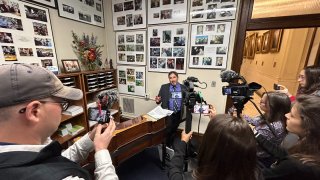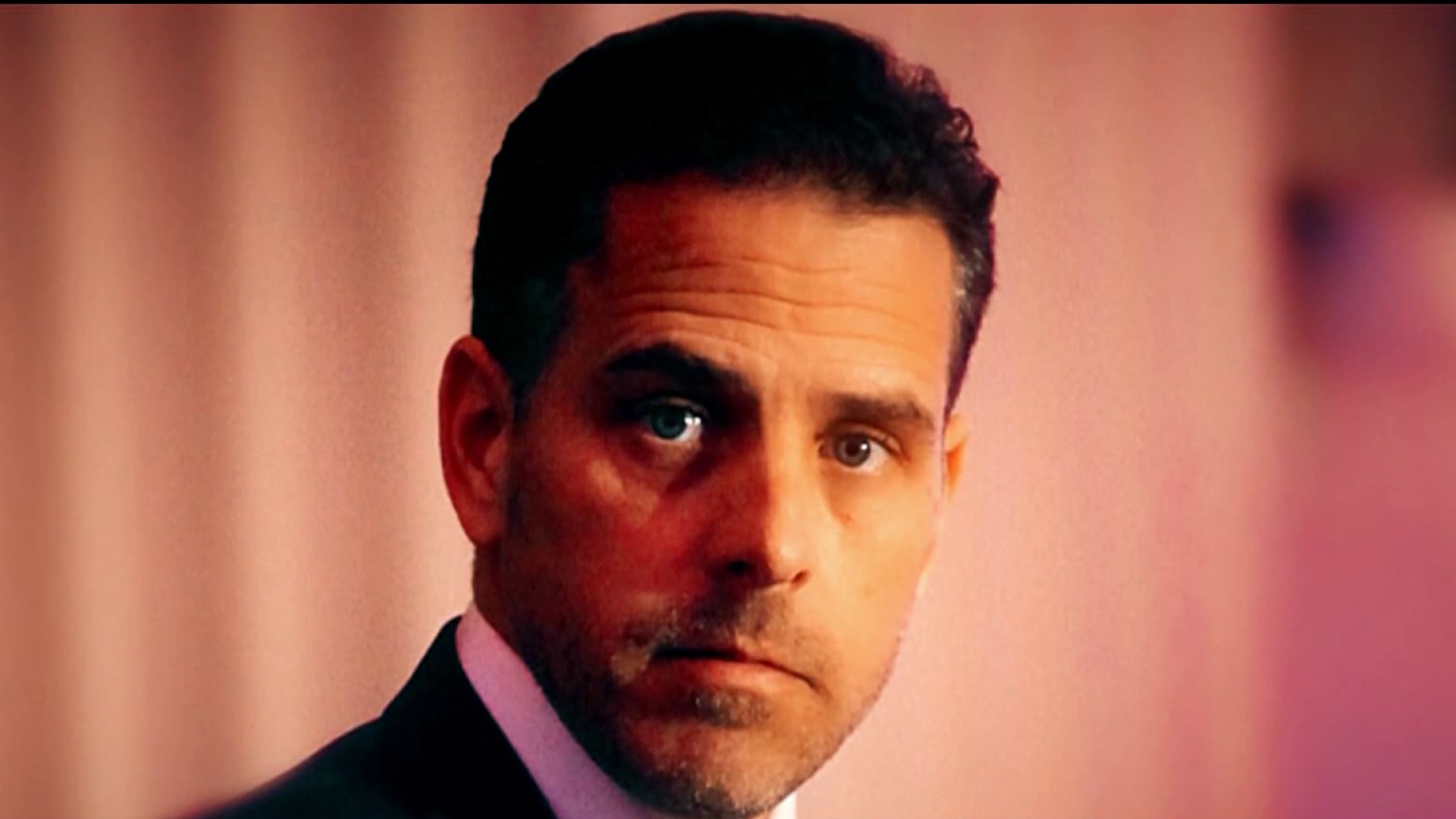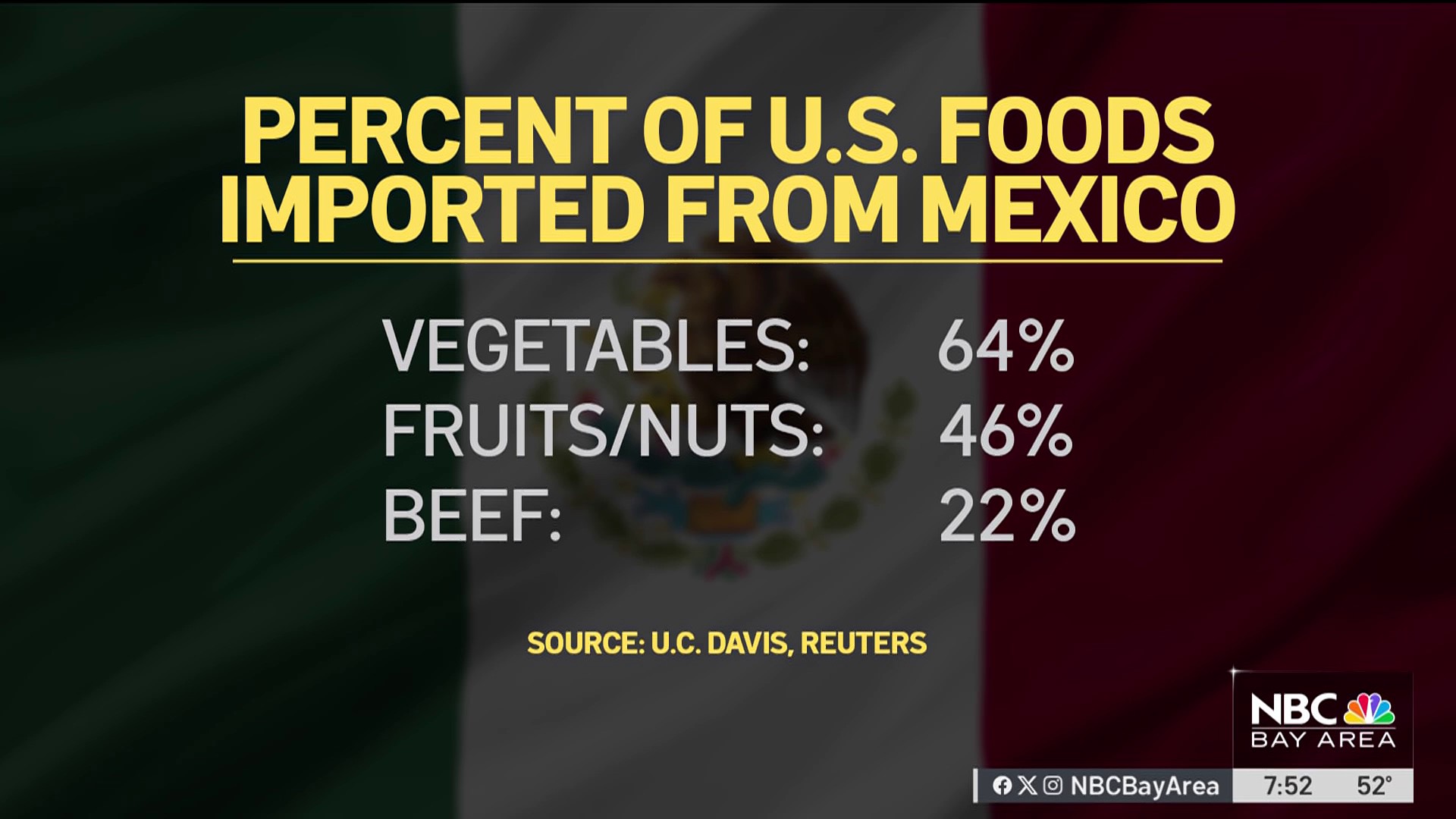
The New Hampshire presidential primary filing period starts Wednesday, a ritual unruffled by either a changing of the guard or changes to the nominating calendar elsewhere.
For the first time in more than four decades, candidates will file paperwork with a new secretary of state thanks to the retirement last year of longtime elections chief Bill Gardner. But his successor, David Scanlan, is carrying on the tradition of ensuring New Hampshire remains first, waiting for the dust to settle in other states before scheduling the 2024 contest.
“I’m really in no hurry,” he said in an interview Tuesday.
In contrast, the candidates themselves — particularly the longshots — often are in a race to sign up first in hopes that a bit of media attention will boost their campaigns. In 1991, a writer from New York drove 11 hours in a snowstorm only to find another perennial candidate waiting at the door. In 2007, a Minnesota fugitive living in Italy sent a package by courier that arrived just before an ex-convict embarked on a 90-minute rant that included five costume changes.
This year, the first to sign up was Mark Stewart Greenstein, who arrived at the Statehouse at 6:30 a.m. and paid his $1,000 filing fee in cash, including $400 in $2 bills. Greenstein, from West Hartford, Connecticut, also was the first to sign up four years ago. He said he plans to be on the ballot in five states. This is his fourth run in New Hampshire, where he got 31 votes in 2020.
“This is a choice for no Joe Biden,” he said before entering the Statehouse to file. “There should be a way for Democrats to express that they don’t like their front-runner. I’m not his replacement. I’m not going to be around next November. But you can say as a voter, ‘I’m a voter who is dissatisfied.’”
Greenstein was followed by Republican John Anthony Castro, who has filed lawsuits in New Hampshire and other states contending the 14th Amendment prohibits former President Donald Trump from appearing on that state’s ballot. Scanlan disagrees and has said he will allow Trump to file.
The 14th Amendment prohibits those who “engaged in an insurrection or rebellion” against the Constitution from holding higher office. It has been used only a couple of times since Congress rescinded the measure’s ban on former Confederates in 1872, but it received renewed attention after the Jan. 6, 2021, attack on the U.S. Capitol by Trump supporters who were seeking to halt certification of the 2020 election results to keep Biden out of the White House after he defeated Trump. Trump says he did nothing wrong.
Get a weekly recap of the latest San Francisco Bay Area housing news. Sign up for NBC Bay Area’s Housing Deconstructed newsletter.
Castro, from Texas, said he is unlikely to campaign beyond signing up.
“I’m not going to lie and pretend my candidacy is anything more than trying to enforce the United States Constitution, and that’s what I’m here to do,” he said. “I don’t want to distract anything from the mission. The fight’s going to be in the courtroom. I’m going to do my best to try to get people to see the light. But at the end of the day, I don’t need the people to see the light, I need the courts to see the light.”
The candidates have until Oct. 27 to sign up, and dozens are expected to do in part because it’s relatively cheap and easy. They need only meet the basic requirements to be president, fill out a one-page form and pay a $1,000 filing fee.
The first nationally recognized candidate to file on Wednesday was former Arkansas Gov. Asa Hutchinson, a Republican who has languished in the polls but said he expects many New Hampshire voters to make up their minds late. He criticized a gathering being held in Utah where Sen. Mitt Romney urged his longtime financial backers to help narrow the large GOP field to one person to challenge Trump.
“Let me tell you, I’m glad on that same day to be here in New Hampshire filing for president and trusting the New Hampshire voters to make the decision,” Hutchinson said. "We should not allow mega-donors to narrow this field and say, ‘We’re going to select the next president of the United States.’ It should be the voters that’s going to make that determination. And we’re not going to bypass them. We’re going to take the campaign directly to them.”
Doug Burgum and Ron DeSantis are expected to file on Thursday, Nikki Haley and Mike Pence on Friday and Vivek Ramaswamy on Oct. 18.
In 2020, 33 Democrats and 17 Republicans signed up. The all-time high was 1992, when 61 people got on the ballot. But this cycle could be notable instead for whose name isn’t on the ballot.
New Hampshire, with its state law requiring its primaries to be held first, is defying the Democratic National Committee’s new primary calendar which calls for South Carolina to kick off voting on Feb. 3, followed by New Hampshire and Nevada. The shakeup came at the request of President Joe Biden in a bid to empower Black and other minority voters crucial to the party’s base.
Biden’s campaign won’t comment on whether he will be on the ballot in New Hampshire. But he wouldn’t be the first reelection-seeking incumbent missing from the primary ballot: President Lyndon Johnson won the 1968 Democratic primary as a write-in, though a shockingly strong-second place showing by Sen. Eugene McCarthy helped push him out of the race.
Scanlan, who served as deputy secretary of state for 20 years, said he was excited to welcome candidates starting Wednesday. Like his predecessor, he plans to greet them with a few encouraging words, but don’t expect the obscure trivia Gardner often added.
“I don’t have any history lessons planned,” Scanlan said. “That was Bill’s style, and he was really, really good at it.”



